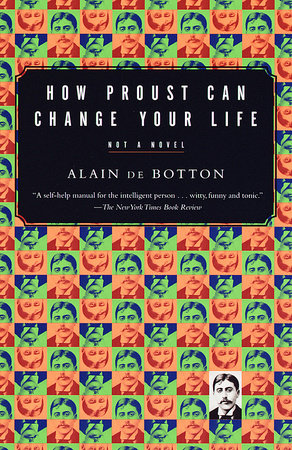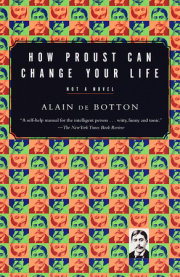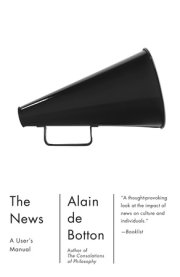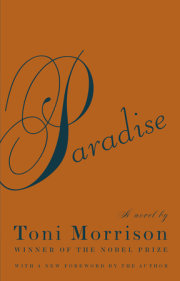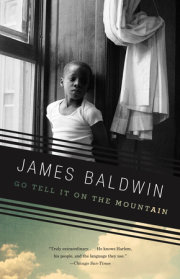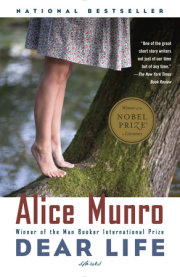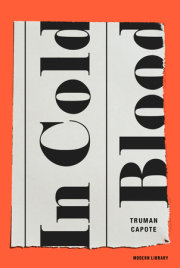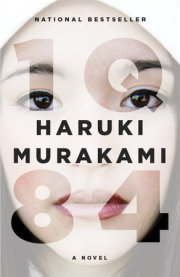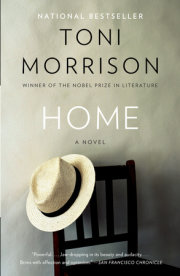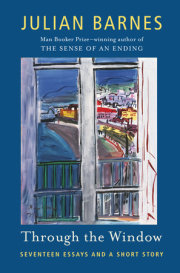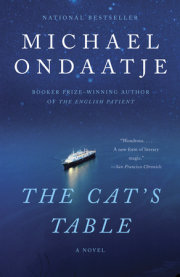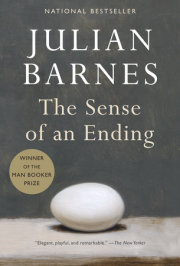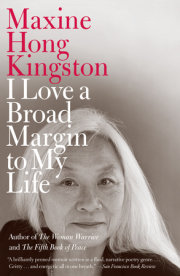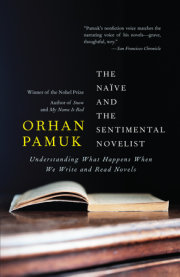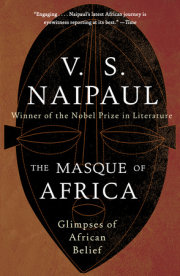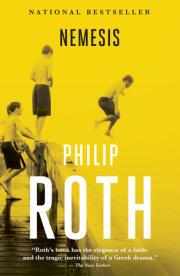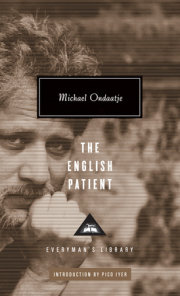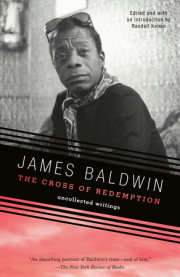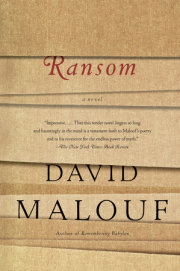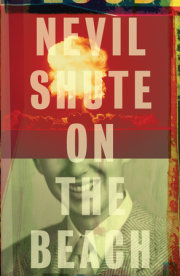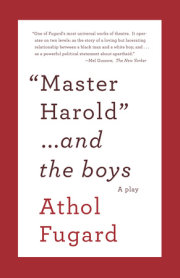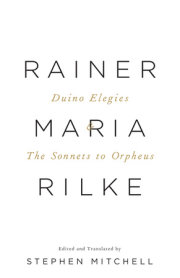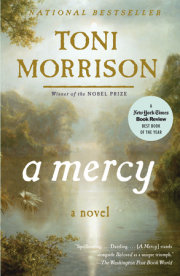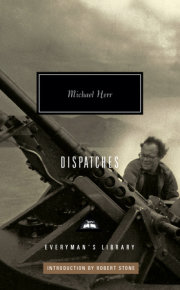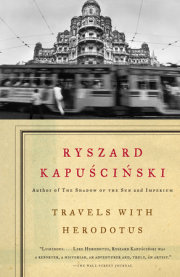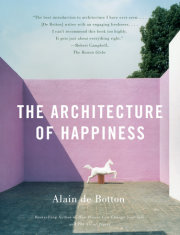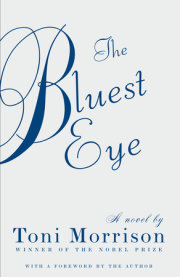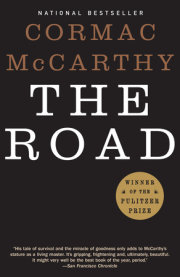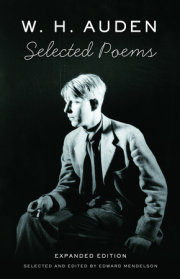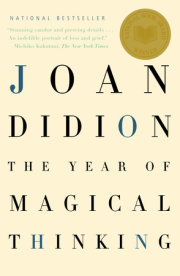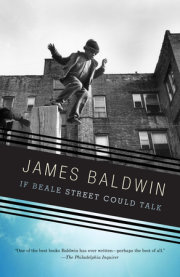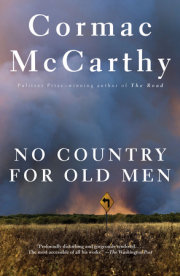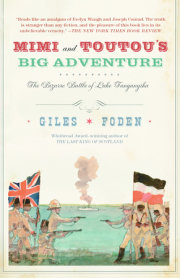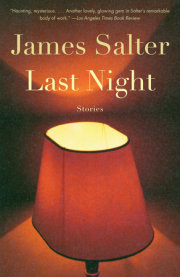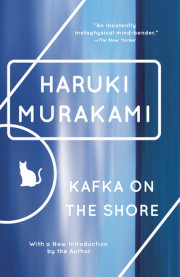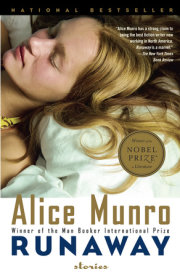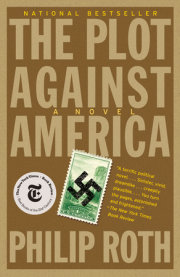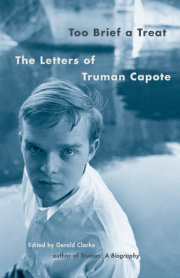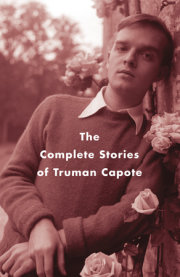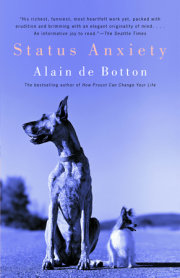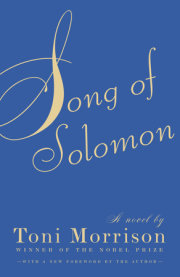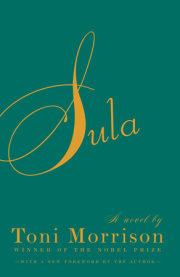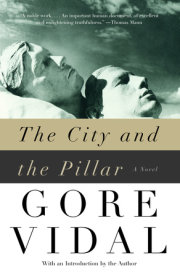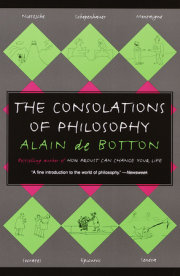Following is an excerpt from Chapter 8, "How to be Happy in Love":
Q: Did Proust have any relevant thoughts on dating? What should one talk about on a first date? A: Advice is scant. A more fundamental doubt is whether one should accept dinner in the first place.
There is no doubt that a person's charms are less frequently a cause of love than a remark such as: "No, this evening I shan't be free."If this response proves bewitching, it is because of the connection made...between appreciation and absence. Though a person may be filled with attributes, an incentive is nevertheless required to ensure that a seducer will focus wholeheartedly on these, an incentive which finds perfect form in
a dinner rebuff.
Q: Was he against sex before marriage?A: No, just before love. And not for any starchy reasons, simply because he felt it wasn't a good idea to sleep together when encouraging someone to fall in love was a consideration.
Women who are to some extent resistant, whom one cannot possess at once, whom one does not even know at first whether one will ever possess, are the only interesting ones.Q: Surely not?A: Other women may of course be fascinating, the problem is that they risk not seeming so...
Q: Are there any secrets to long-lasting relationships?A: Infidelity. Not the act itself, but the threat of it. For Proust, an injection of jealousy is the only thing capable of rescuing a relationship ruined by habit...The threat of losing their partner
may lead them to realize that they have not appreciated this person adequately...If someone threatens the relationship, they get jealous, wake up for a moment, have another kiss with the horny tusk, and get bored once more. Condensed into a male heterosexual version, the situation runs
like this:
Afraid of losing her, we forget all the others. Sure of keeping her, we compare her with the those others whom at once we prefer to her.
. All rights reserved. No part of this excerpt may be reproduced or reprinted without permission in writing from the publisher.

